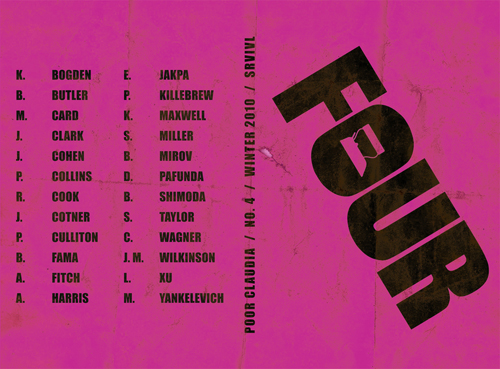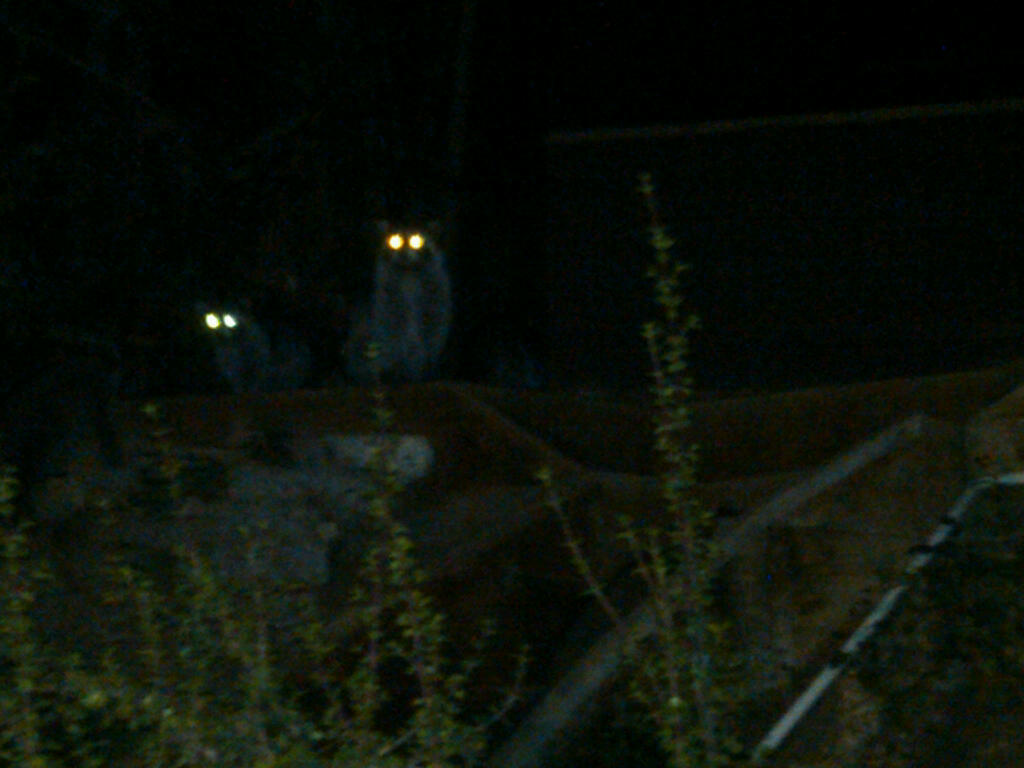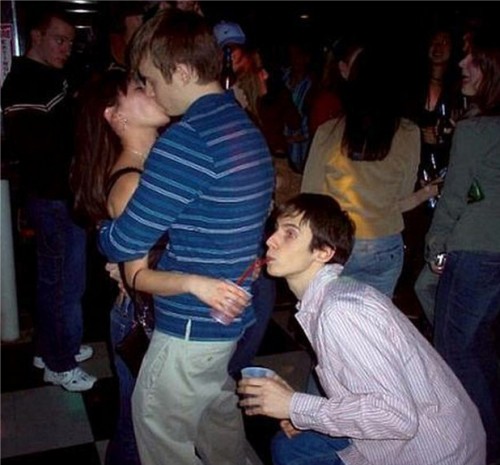Settle thy studies, Faustus, and begin
To sound the depth of that thou wilt profess:
Having commenc’d, be a divine in shew,
Yet level at the end of every art,
And live and die in Aristotle’s works.— Christopher Marlowe, The Tragical History of Doctor Faustus (1604)
One way to think about experimental literature would be to consider it in relation to conventional literature. Which begs the question: what is conventional literature? The answer to that question is much easier than the answer to the titular question of this post. The answer is this: conventional literature is that which follows Aristotelian prescription. Plain and simple. So if you want to know what experimental literature is, you might begin by considering it to be that which deviates from Aristotelian prescription.
Brian Evenson illuminates the problem of Aristotle’s suffocating influence in this great essay called “Notes on Fiction and Philosophy” in this amazing collection of literary criticism called Fiction’s Present: Situating Contemporary Narrative Innovation (SUNY Press, 2008), at the beginning of which he suggests:
[T]o move to an understanding of late twentieth- early twenty-first-century fiction, the first step is to move out of the fourth century BC: to let go of the Aristotelian notions that still dominate most thinking about fiction in writing workshops today…Discussions of setting, plot, character, theme, and so on, their parameters derived from Aristotle, seem hardly to have advanced beyond New Criticism’s neo-Aristotelianism; and when a workshop student says “I didn’t find the character believable,” usually the model for believability is firmly entrenched in nineteenth-century notions of consistency that have probably less to do with how real twenty-first century people act (not to mention nineteenth-century people) than with specific, and often dated, literary conventions.
I’d like to use this quote from Evenson as my jumping off point.







